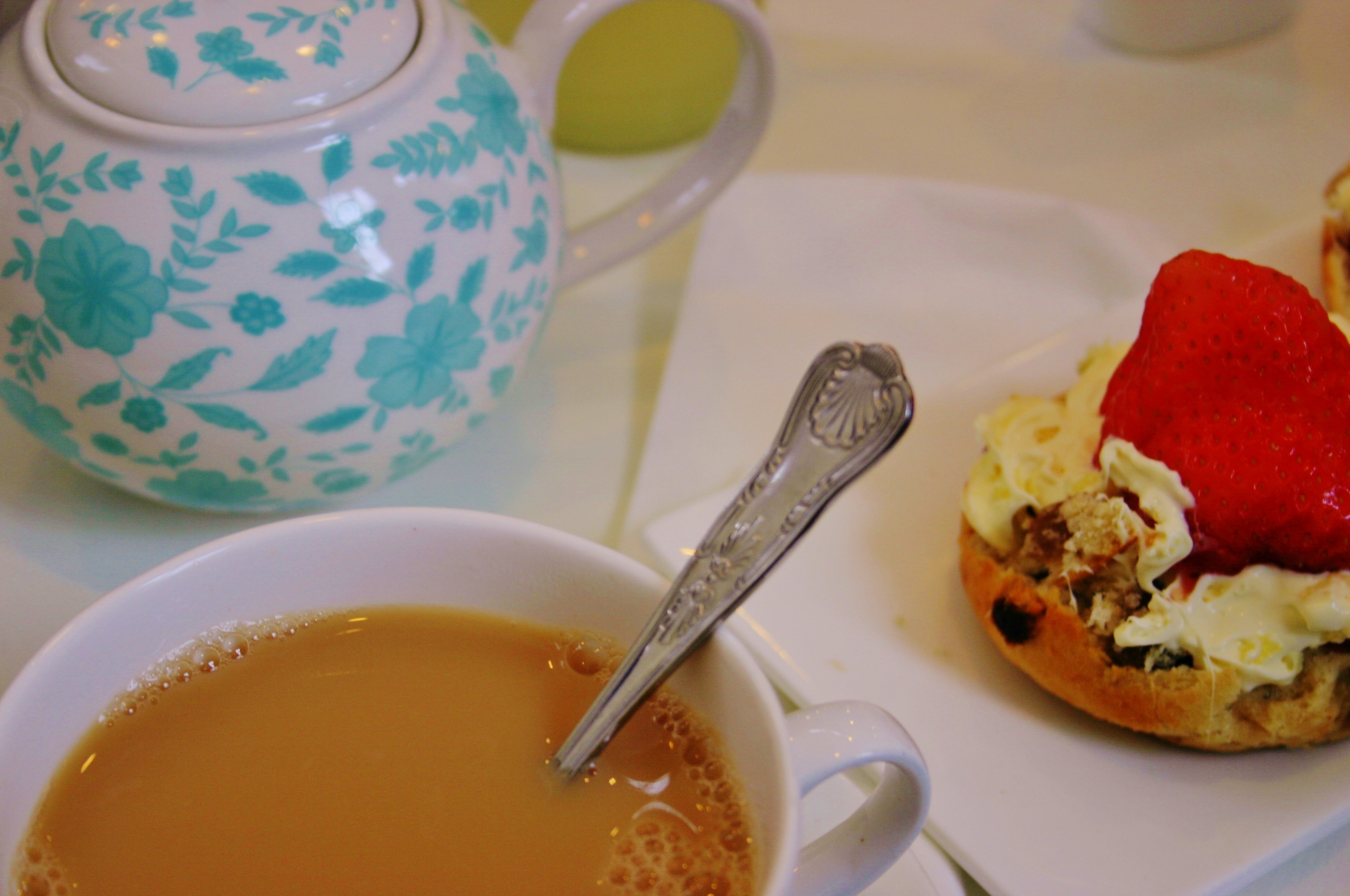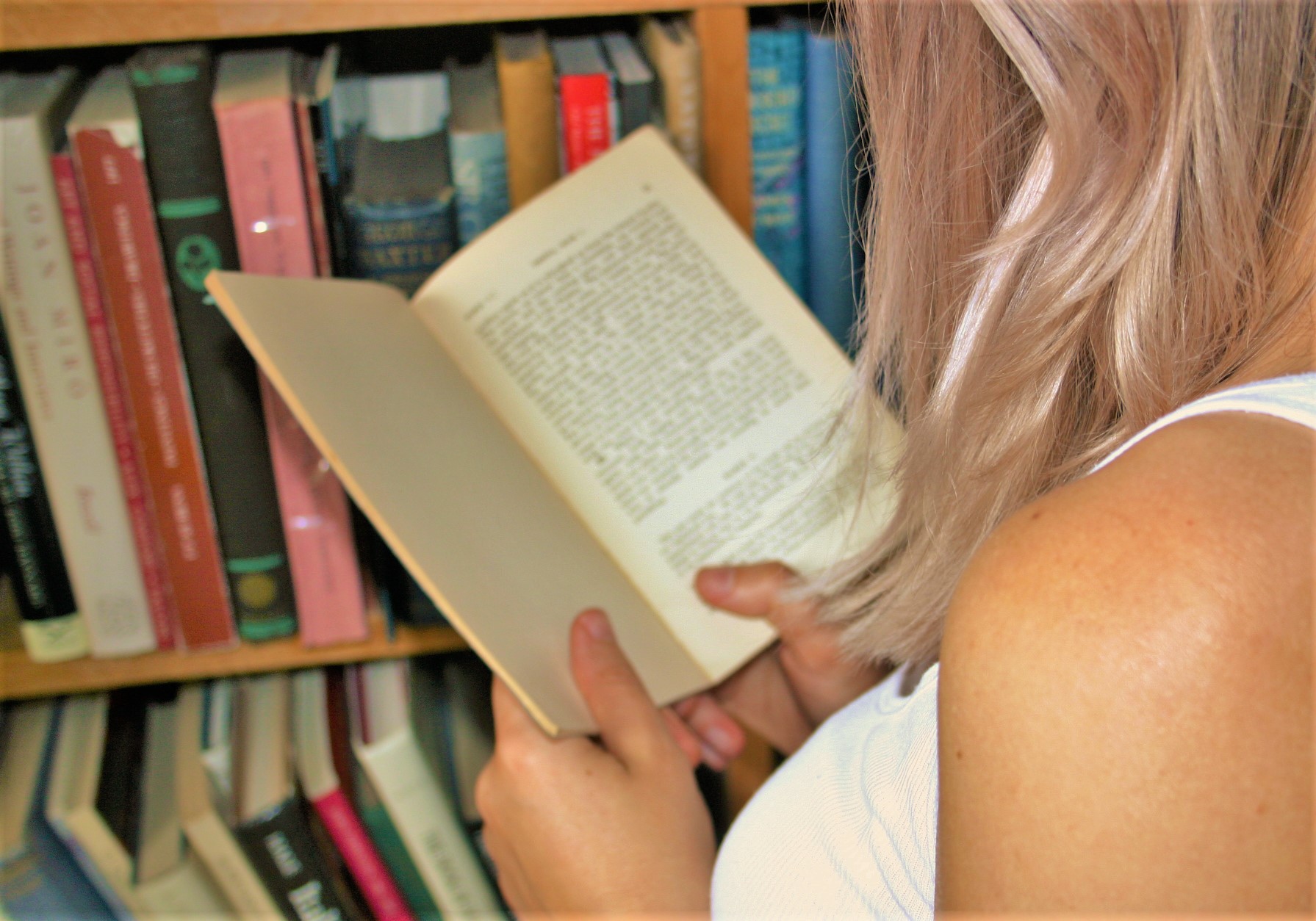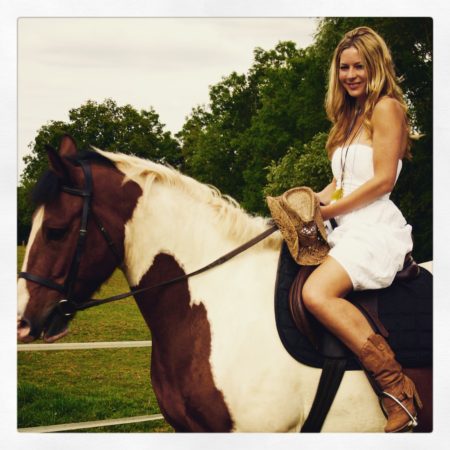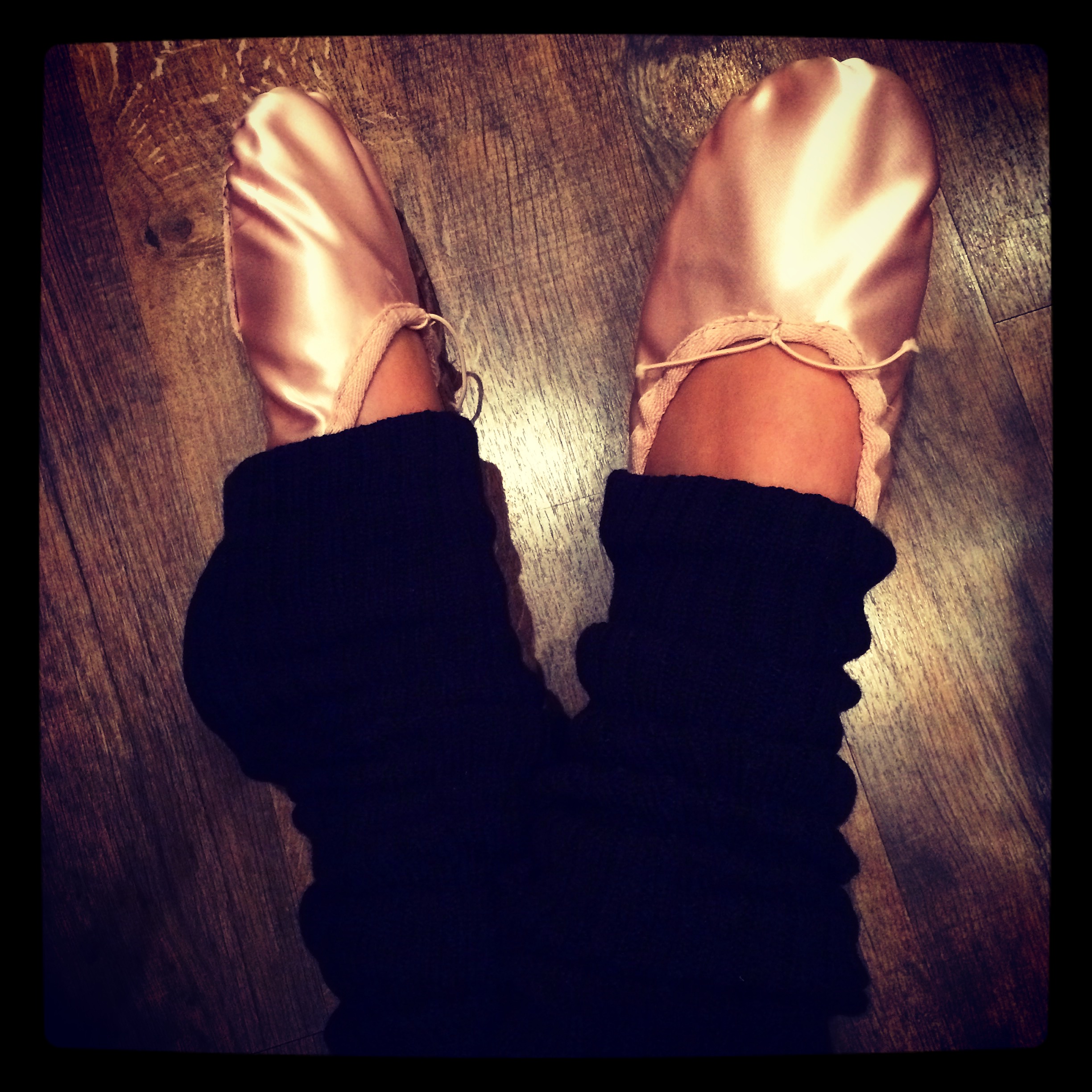Seven things that helped me to stay sober at the start
1. I stopped accepting every invitation.
If I was invited to an occasion where I knew I’d be tempted to drink (so, that pretty much covered being invited anywhere in the early days) I declined the offer. I gave a polite reason as to why I couldn’t make it and I stuck to it resolutely, no matter what.
This was really hard for a while because I felt like I was missing out and letting people down. I felt like life was passing me by and that I would never enjoy anything ever again unless I could learn how to drink responsibly. (Incidentally, very few people drink ‘responsibly’, but more on this another time.)

I drank tea like it was my job
So there I was – a confused, snotty mess of misery and self-pity, reluctantly home alone and climbing the walls on Saturday nights not knowing what to do with myself. I felt deprived, resentful, isolated, guilty, misunderstood and thoroughly depressed. I would sometimes convince myself that I could still go out and try to stay sober, or just have one or two drinks max – of course, I never could and after a few attempts and as many spectacular fails trying to accomplish this, I stopped trying. I stopped lying to myself and I stopped accepting the invitations. I had finally accepted that I was incapable of partying sober (for the time being), and so would have to take an indefinite and total break from it so I could work things out properly.
So, I holed up and put all of my efforts into building myself up. I drank a lot of tea and I read a lot of books. I knew that I needed to gain substantial strength before I’d be able to socialise soberly and comfortably with any success.
After a while, once I had some sobriety, confidence, knowledge and tools under my belt, I started dipping my toe back in and gradually it became easier. In fact, it didn’t take that long until it became second nature and even more fun than before.
These days I can honestly tell you that I love going to parties more than ever and it doesn’t bother me in the slightest if there are wall to wall drinks and drunk people around me. I’m not tempted because it’s no longer something that I use as a way to cope or feign confidence. I genuinely cope with my life and I have genuine confidence. The only reason you’re tempted by something is because there’s part of you that wants it. That’s no longer the case for me with regards to alcohol, but it was for a long time and that’s why it took time and perseverance to make the transition. It doesn’t happen overnight and you have to put the work in to make it possible, but, oh my word! It’s worth it.
2. I didn’t keep booze in my home.
In early sobriety I was tempted to drink all the time. So many things seemed to unexpectedly trigger me; a certain song on the radio, a particular TV programme, a phone call, a text message, an invite out, having to reply to a challenging email, an upsetting memory, worries about the future, regrets about the past, a bar scene in a film, being bored, feeling excited…the list goes on and on and on and on. I couldn’t reliably predict how strong my resolve would be when faced with unforeseen circumstances. Sometimes we are genuinely side-blinded by unexpected news and it can understandably unsettle us, sending us reaching for something to ease the discomfort. More often than not though, we play a significant part in any chaos that we might find ourselves in, and for any recovery to take place, I firmly believe that we must learn to be completely honest with ourselves about our true motivations for every action we undertake. For anyone genuinely wanting to get a grip on any type of compulsive behaviour, they must first acknowledge how they might routinely set themselves up to fail. I had to honestly ask myself why I kept buying booze if I didn’t want to drink it.
When I was attempting sobriety early on, whenever I kept drink around it wouldn’t take much for me to reach for it, even if I’d yet again sworn off it forever earlier that same day. I would tell myself that having it around shouldn’t be an issue. That it might actually strengthen my resolve in the long run. That it was everywhere anyway so what’s the difference? That it was polite to have some alcoholic drinks in for friends. That I needed wine for cooking. Whatever the excuses were, the fact remained – having it at arm’s reach made it easier for me to give in to temptation when it inevitably came. I’m not saying that when I didn’t have drink in the flat, I never raced to the local off-licence five minutes before closing time, because I did, countless times, but having to make that extra effort, the desperate dash against the clock last thing at night when I should have been going to bed instead, definitely made me realise that there was nothing social whatsoever about how I drank. It made me see with crystal clear clarity that I used alcohol to medicate and not for any other purpose and that knowledge was powerful.
The time and effort it takes to make the decision to have a drink, and then have to put your shoes and coat on, find your keys and wallet and make the trip to the shop, take the drink from the shelf and queue up to pay for it, might just give you a little more room to reconsider your decision. I don’t remember many things powerful enough to stop me from drinking once I’d decided that I was going to by the end of my drinking days – but there was definitely a sweet spot in my early sobriety where I began to feel something resembling hope for a better life, but it still didn’t take much to topple me off balance. On some of those long, lonely nights, when I forced myself to wait out the discomfort, and sobbed my heart out underneath my quilt instead of running to the shop to drown everything out, I am certain, looking back, that the difference between me seeing a sober dawn after a night like that was the difference between a bottle being right there in front of me, or having to go out and get it. So, for me, it was a no-brainer, I was not going to have it in my home. Not for me, not for cooking, not for friends. Not for any reason. (I got long-term sober whilst running a bar though, ultimately – so my story isn’t that usual. I had to learn to be around it and not be tempted. And I managed it in the end. See those blogs for more detail.)
3. I got professional help.
If you can afford it, invest in this as soon as humanly possible. Do your research, ask around for recommendations, make some calls, send emails, ask questions, book trial, no-obligation appointments with local qualified therapists and counsellors. When you find one that you click with make a long-term commitment to have a minimum of one session per week with them and spill your guts out. It will feel uncomfortable and strange at times, but persevere. Go religiously; go especially when you don’t feel like going. Go and be brutally honest with them and with yourself and keep going and going and going. It will help.
If you have very little money, ask your doctor about the possibility of getting referred to a counsellor or therapist. You can often get this sort of help free of charge or at a reduced cost if you have limited financial means. Some private therapists in some cases will even agree to dramatically reduce their rates in special circumstances if they can and if you can agree to pay a nominal charge and reliably commit to any allotted appointment times.
Talking to a trained therapist is not the same as talking to anybody else. It’s great to have friends to talk to but friends are not objective, they are not qualified professionals and they understandably have the tendency to get annoyed if all you want to do when you get together is moan about how your parents never loved you enough.
4. I found out everything I possibly could about addiction and recovery.
Immerse yourself in this. Read books, watch documentaries, chat in internet forums, go to all types of recovery groups and meetings, subscribe to emails and blogs, listen to podcasts, watch films, write about your own experiences, talk to people, ask questions. Learn about Alcoholics Anonymous and SMART Recovery and any other recovery modality you come across. Try them all out, give them a chance, take advice and stick with the one that you’re most compatible with. Keep a diary. Track your progress. Celebrate your achievements. Take extra special care of yourself. Protect your sobriety at all costs.

Recovering from addiction is incredibly hard. People die from it every day, so take it seriously because, make no mistake, it is often a matter of life and death if you don’t get a grip on it. Make it your absolute top priority, go after your sobriety with all the passion in your soul and don’t waste any more time or energy questioning your decision. If you didn’t have a pretty serious problem, you wouldn’t be here right now reading these words.
5. I found things that relaxed me.
Yoga, meditation, deep breathing, working out, lifting weights, going for a run, hiking, horse-riding, rock climbing, taking photographs, reading, watching films, going to the movies, sewing, knitting, gaming, cooking, drawing, painting, writing, ballet.

Horseriding beats hangovers every time
I don’t think I gave much else a chance before I stopped drinking because my go-to activity was always drinking. Again, this takes time and far more effort than sitting in a pub does, so be patient and keep trying new things to see what suits you.
Join clubs. Get involved. Learn to cook new recipes, take up different hobbies. Make friends with people whose lives don’t revolve around drinking and tell them from the start that you don’t drink. Volunteer and spend time helping others less fortunate – no matter how bad things are for you, there will always be some poor bugger who has it worse. Whilst helping them, learn to feel grateful for everything you still have. You may have lost a lot, but you can always lose more depending on the choices you make from now on. Be grateful for what you have whilst you still have it.
6. I spent my time in the company of happily sober people whilst doing genuinely interesting things.
Believe it or not there are people who choose not to drink. Not because they can’t drink, but because they prefer not to. They never became dependent on drinking in order to enjoy themselves. They eschewed drinking culture because they had more rewarding things to do. While the rest of us were busy throwing up every weekend, these guys were learning to sail yachts, playing professional sports, teaching people to snowboard, mountaineering, racing cars, taking their pilots licence, helping to build communities in war torn countries and a million other inspiring things. I can’t believe that I actually used to pity these kinds of people, but I’ve since realised that they are far stronger, far more engaged, present, robust, resourceful, and confident than the average person, who can barely conceive of a life that isn’t routinely booze-soaked. They’ve got things to get up for in the morning. This straight-edge minority have too many things to do, they can’t afford to waste time on blackouts and hangovers.

Ballet beats blackouts
When I was drinking I couldn’t imagine a life without drink. Most of my friends felt the same way and this attitude is pretty commonplace. Billions are spent every year on alcohol advertising to ensure people feel like this. We’re constantly led to believe that we need to drink. That we should drink. That it’s fashionable to drink, that it’s sophisticated to drink, that it’s fun to drink, and that it’s normal and acceptable to drink. So much so that if, for whatever reason, you don’t want to drink – you are eyed with suspicion. Anyway, my point is, seek out vibrant, positive, happily sober people. Make friends with them. Learn their ways. Get busy emulating that sort of lifestyle rather than mourning the one you’re leaving behind. If you get tired of all the new life-enhancing experiences, don’t worry, you can always go back to spending your life sitting in bars. Drinking culture isn’t going anywhere; too many people are dependent on it.
7. I realised that nobody could get sober for me. I had to do this myself.
You are 100% your own responsibility. Nobody else can do this for you. Whether you are an atheist, an agnostic or a believer – you alone have to make the choice to stay sober. Whether you have children or not, whether you’re single or in a relationship – you alone have to make the choice to stay sober. Whether you’re an orphan or have doting parents, an only child or have ten brothers and sisters – you alone have to make the choice to stay sober. Whatever your circumstances, whatever your past experiences, if you are going to stay sober, it will ultimately depend on your decision to stay sober.
Some days are harder than others. There were days in the beginning when I felt like I clung onto my sobriety by the skin of my teeth. There were days when I had to make the decision to stay sober a thousand times over and over again. There were days when I would have given anything just to be able to have one drink, but I knew I couldn’t and so I didn’t, and I held on tight and lived to fight for one more day. There were days when I kicked and screamed and begged and sobbed, but through it all I kept on making that one unchangeable decision: “I will not drink. I will not drink. I will not drink.” And I wouldn’t, no matter what, and I didn’t, no matter what, and I haven’t. No Matter What.
I haven’t faltered on making that same decision for over two years now. Some of those early days were torture, but over time, with effort, blind faith and resolute perseverance – the pain does lift. Your resolve gets stronger every time you call on it, it’s like flexing a muscle – the more you use it, the more powerful it becomes. The gains you make are imperceptible until you look back after some time has passed. Athletes refer to this as the concept of marginal gains. You gain strength, you gain courage, you gain so much more than you ever thought possible.
Things that used to topple me off balance before barely register as concerns now. I am far stronger than I used to be. I have more humility and less ego. I know what I am and what I’m not and I protect myself properly. And I am thankful, so deeply and forever thankful for those agonising days of early sobriety, because it was only by making it through that struggle that I gained this strength.
